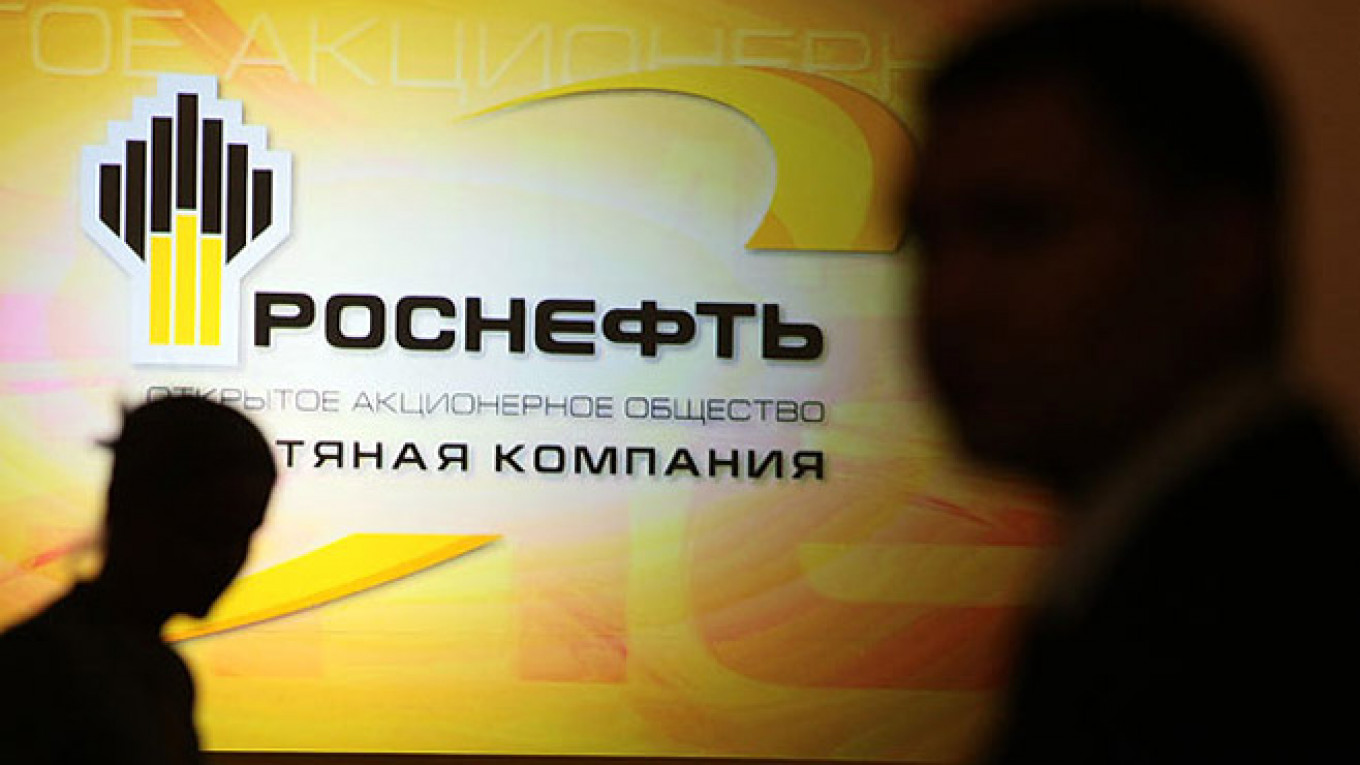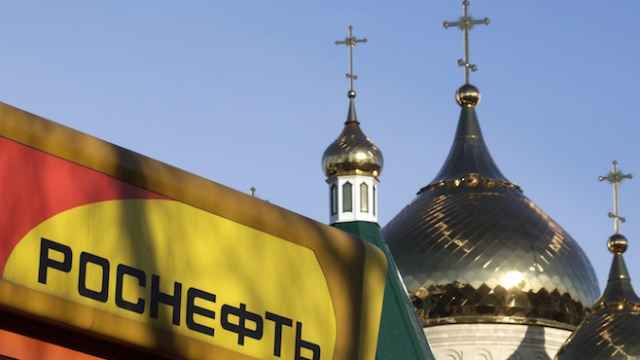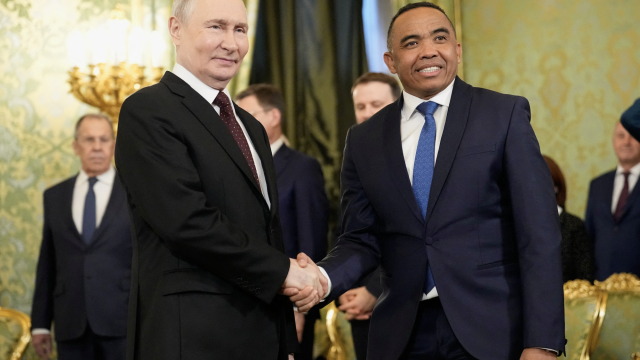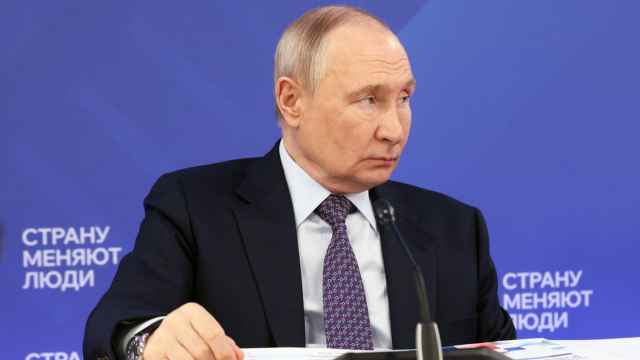The European Council has refused to release confidential documents on the European Union's sanctions against Russia as part of state-owned oil giant Rosneft's lawsuit against the council, RBC news agency reported Friday.
Rosneft filed its suit in a bid to cancel all sanctions against it as part of the EU's sectoral sanctions against Russia imposed on July 31.
Rosneft argued that sectoral sanctions that ban the company from receiving certain technology and from obtaining loans in Western banks are illegal. The company retained British lawyer Thomas Beazley to represent its interests in the case. Beazley is also representing ousted Ukrainian president Viktor Yanukovych in a European court for a similar lawsuit, the report said.
According to RBC, Rosneft attempted to obtain confidential EU documents that included statements of proceedings, drafts and instructions on how to communicate with Russia over the annexation of Crimea.
Rosneft's legal team said it needed access to the confidential documents in order to reveal why sanctions over Russia's annexation of the peninsula and involvement in the conflict in Ukraine's east were targeted specifically against the oil company, and were thus baseless.
According to RBC, the EU denied access to these documents for fear that the contents "would provide opportunities to third parties — including parties to the conflict in eastern Ukraine — to get a notion of how the council's attitude to the conflict had changed."
Earlier, in September, the European Council's General Secretariat had refused to release another 58 documents that Rosneft had requested.
A Message from The Moscow Times:
Dear readers,
We are facing unprecedented challenges. Russia's Prosecutor General's Office has designated The Moscow Times as an "undesirable" organization, criminalizing our work and putting our staff at risk of prosecution. This follows our earlier unjust labeling as a "foreign agent."
These actions are direct attempts to silence independent journalism in Russia. The authorities claim our work "discredits the decisions of the Russian leadership." We see things differently: we strive to provide accurate, unbiased reporting on Russia.
We, the journalists of The Moscow Times, refuse to be silenced. But to continue our work, we need your help.
Your support, no matter how small, makes a world of difference. If you can, please support us monthly starting from just $2. It's quick to set up, and every contribution makes a significant impact.
By supporting The Moscow Times, you're defending open, independent journalism in the face of repression. Thank you for standing with us.
Remind me later.






